
A Giant With Weak Legs
India’s Internal Challenges to Global Leadership

India’s Internal Challenges to Global Leadership
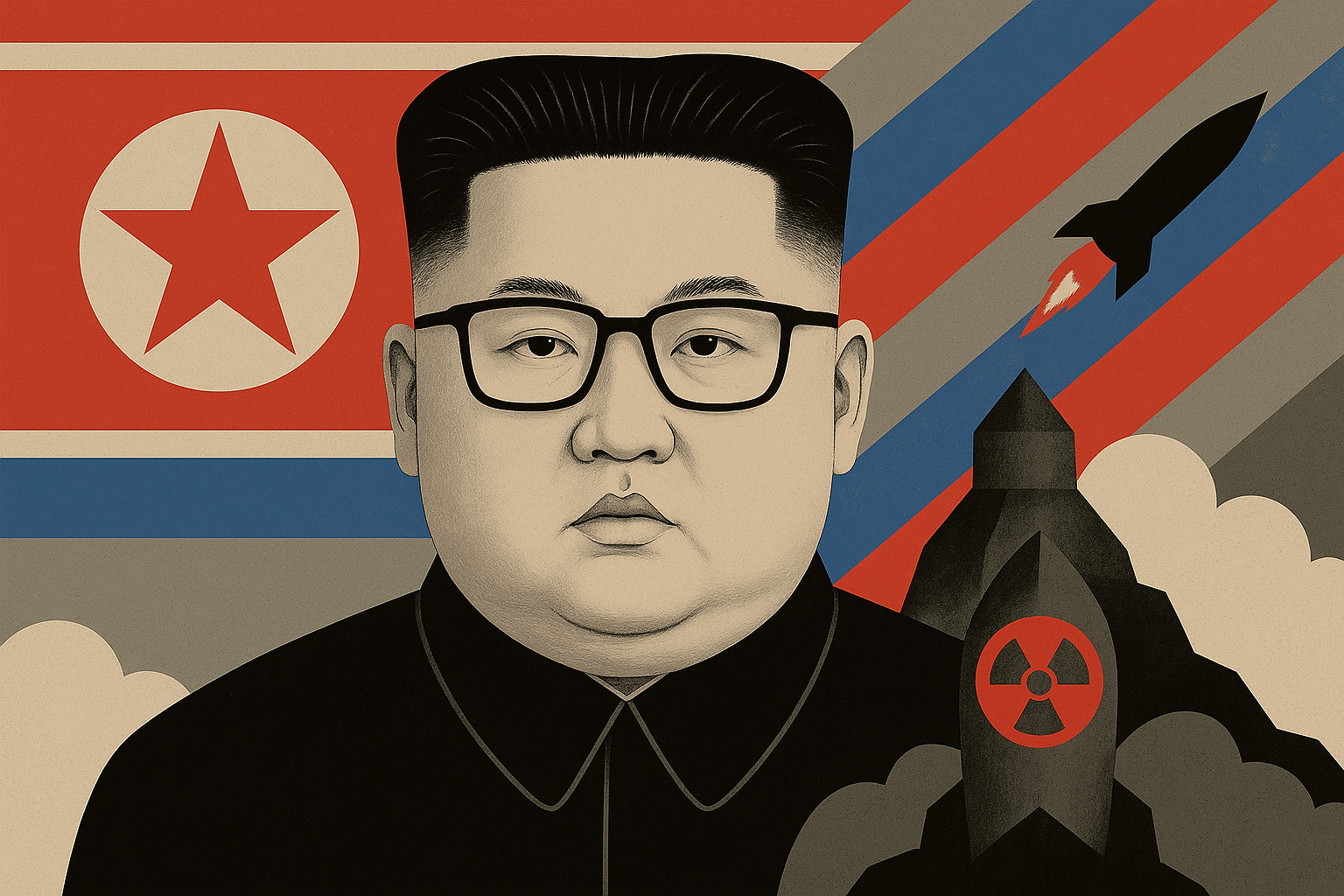
Inside the World’s Most Enduring Dictatorship
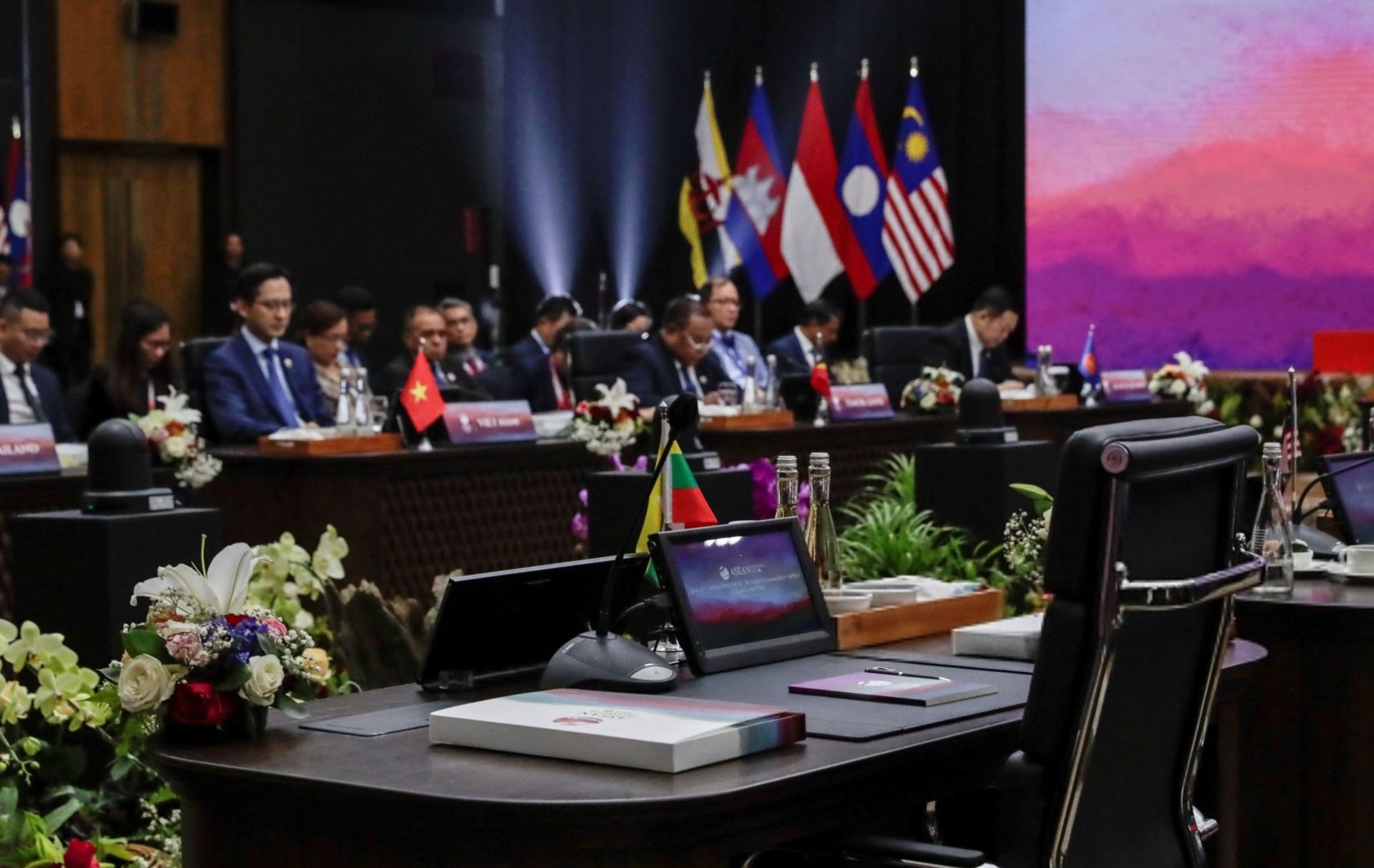
Strategic Actor or Bystander
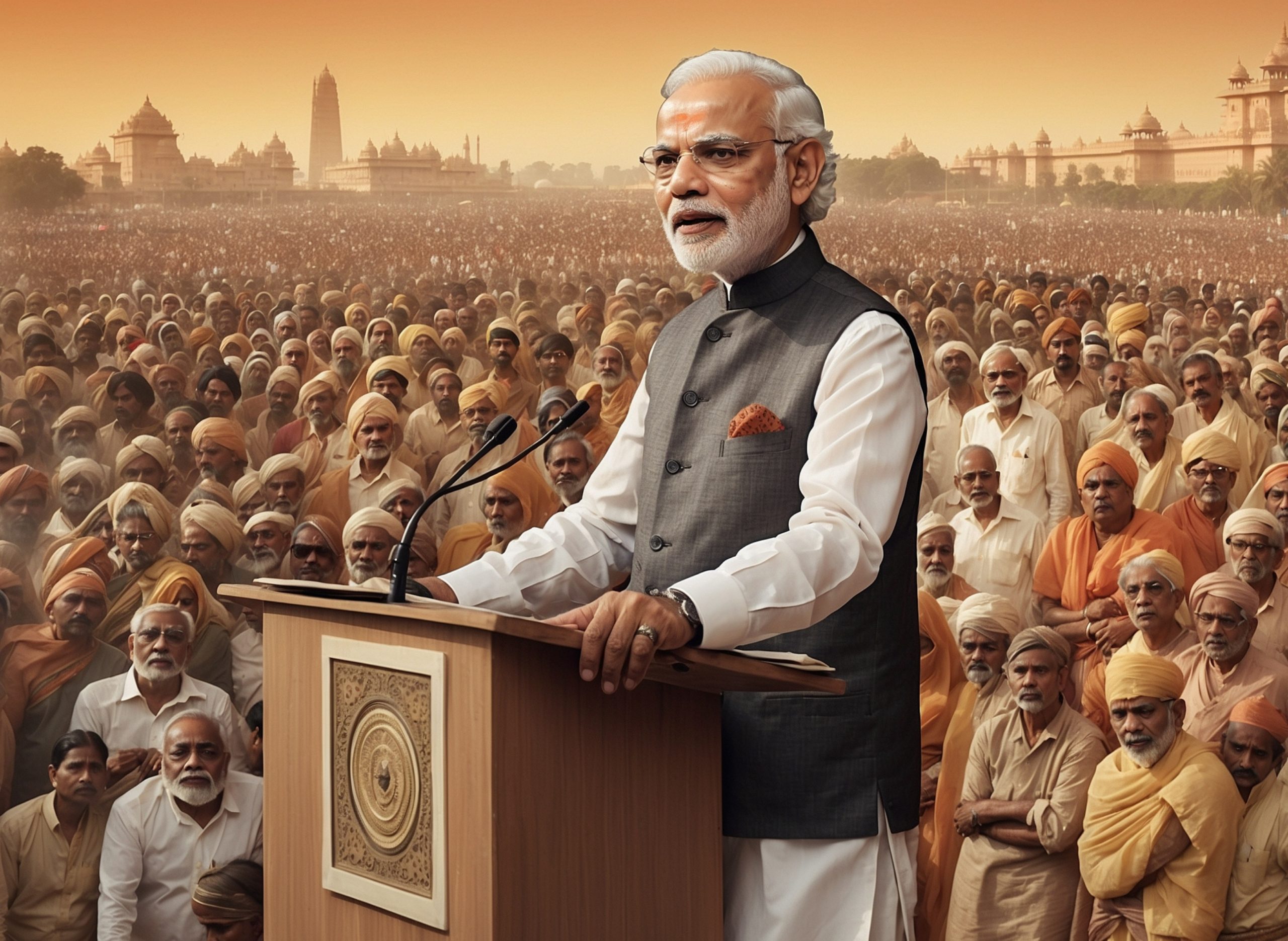
Decoding a decade of Modi’s foreign policy.
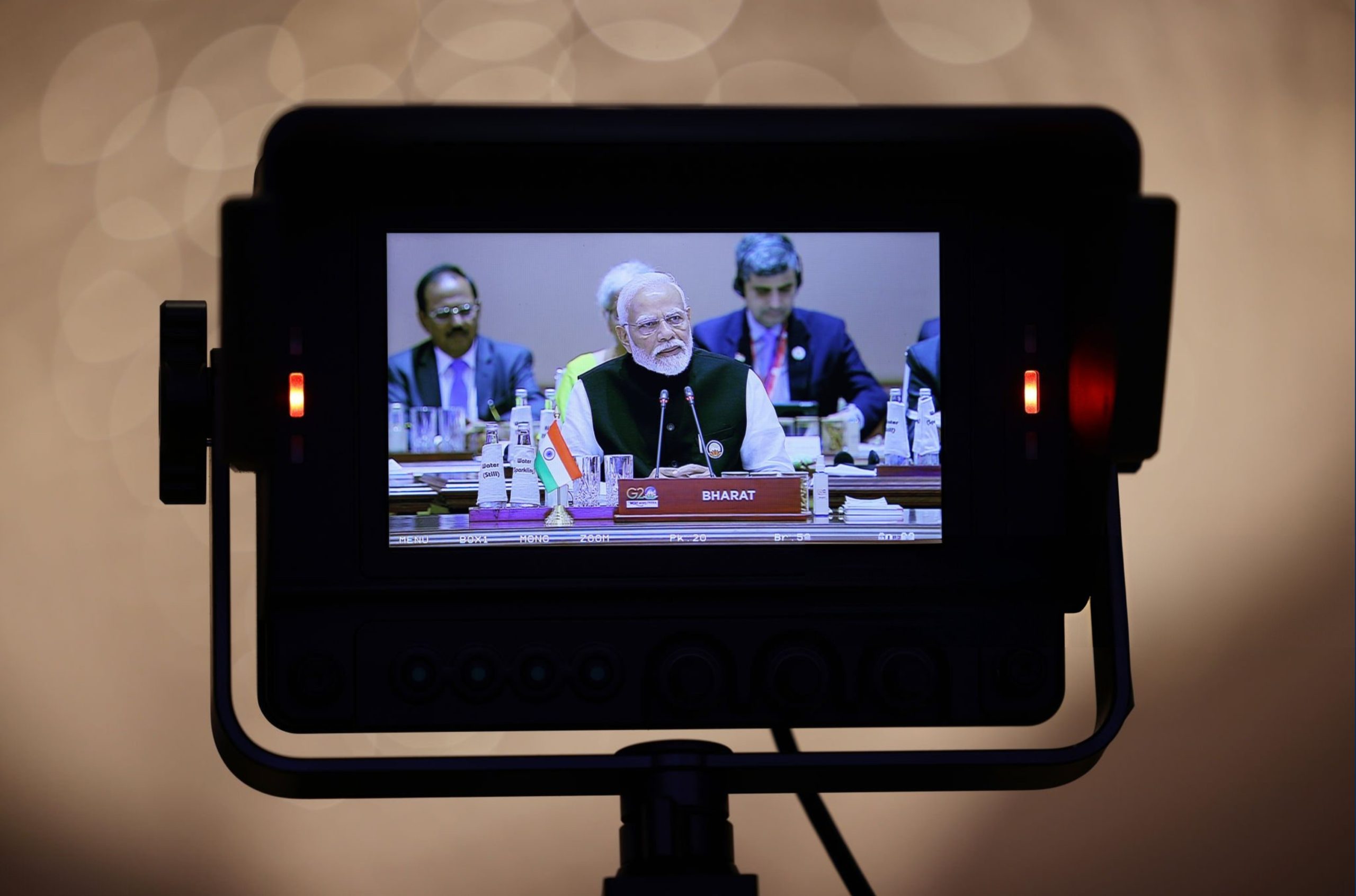
Under Modi, India’s foreign policy aims to navigate regional instability, balance global powers, and foster partnerships, while addressing key challenges like climate change and infrastructure development.
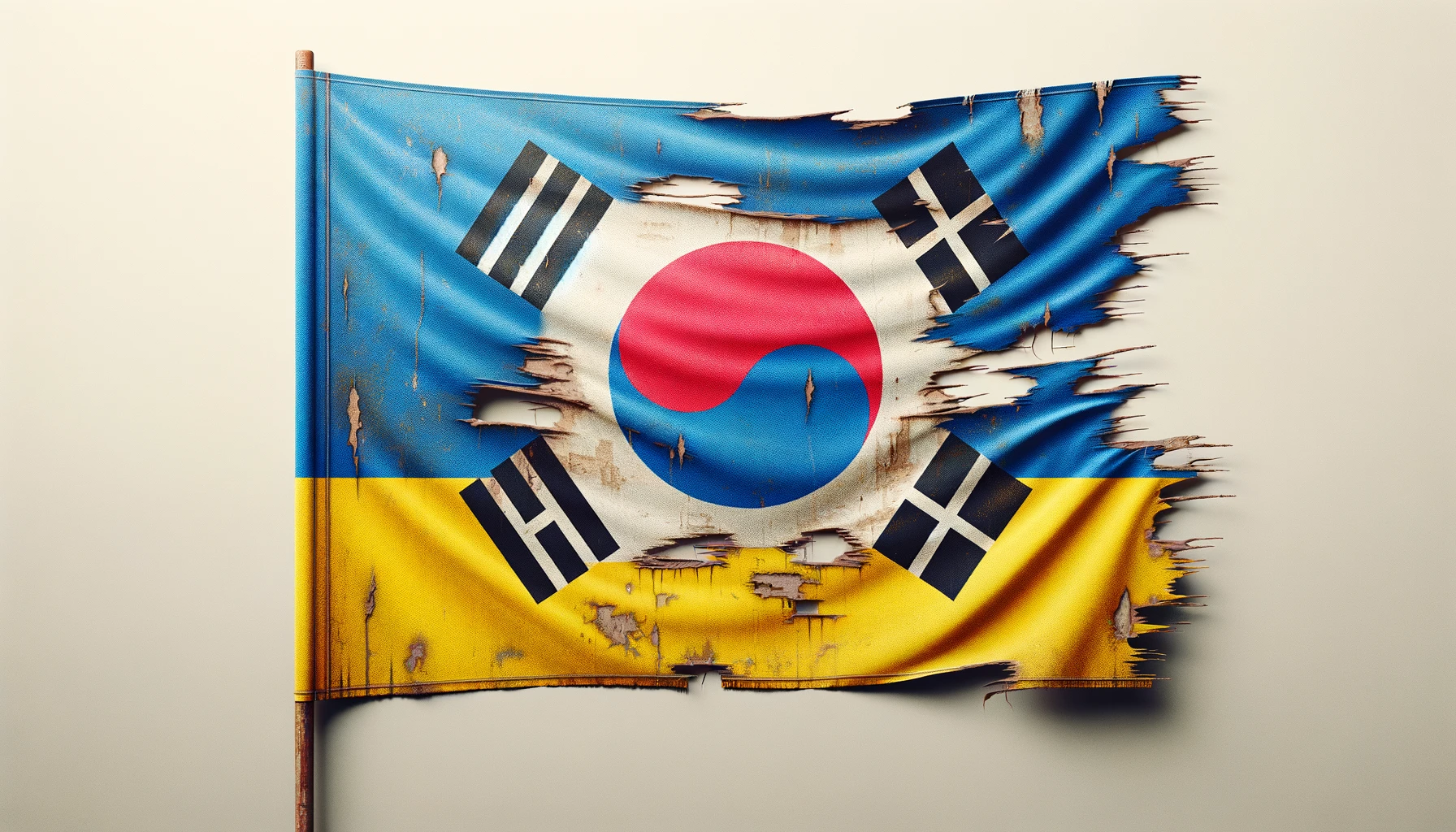
The strategic missteps, the power of global alliances, and the search for peace between the Korean War and the conflict in Ukraine offer crucial insights into today’s international order.
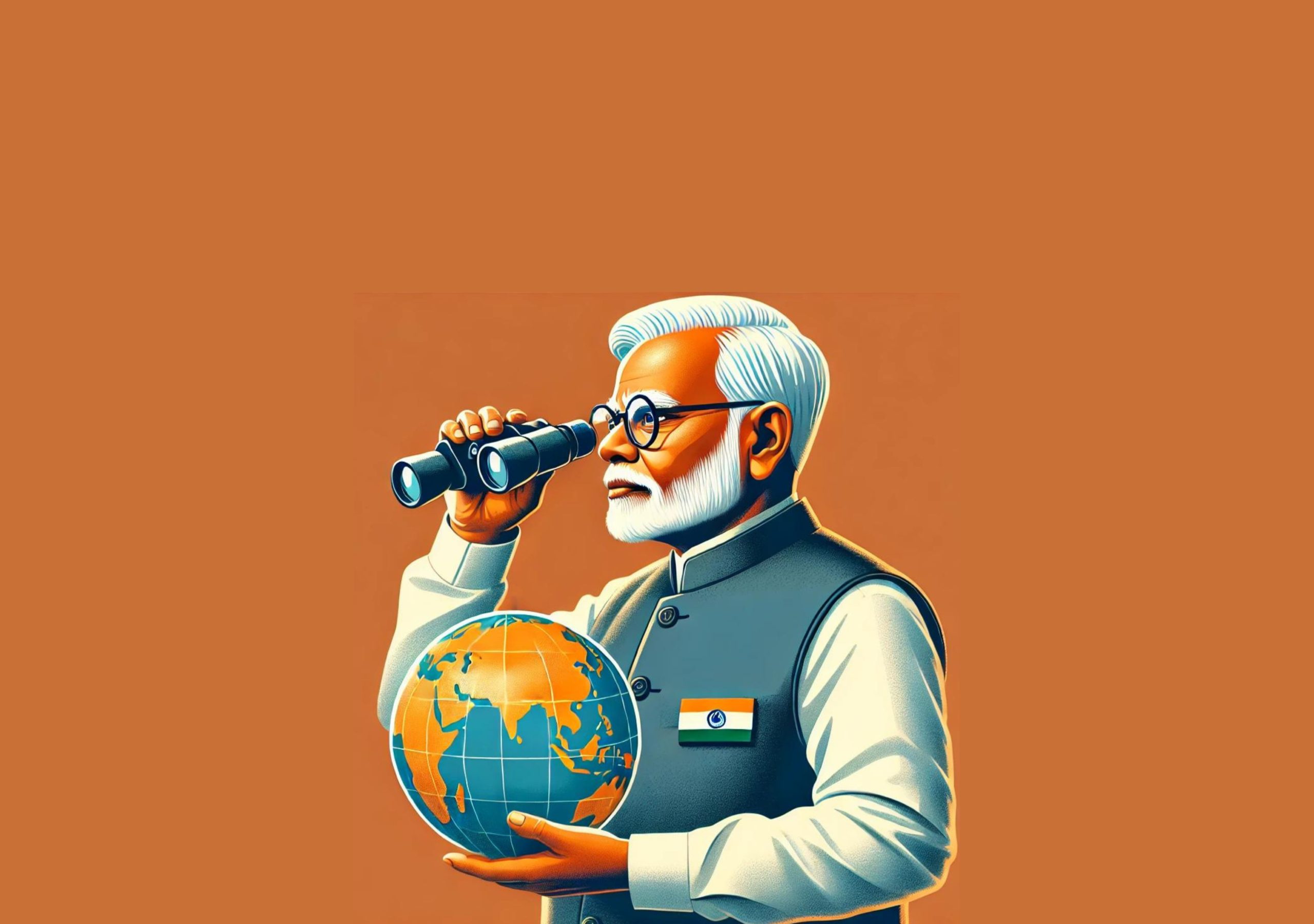
In the race for Global South leadership, India’s ambitions and China’s strategies clash, unraveling a tapestry of power, promise, and profound contradictions.
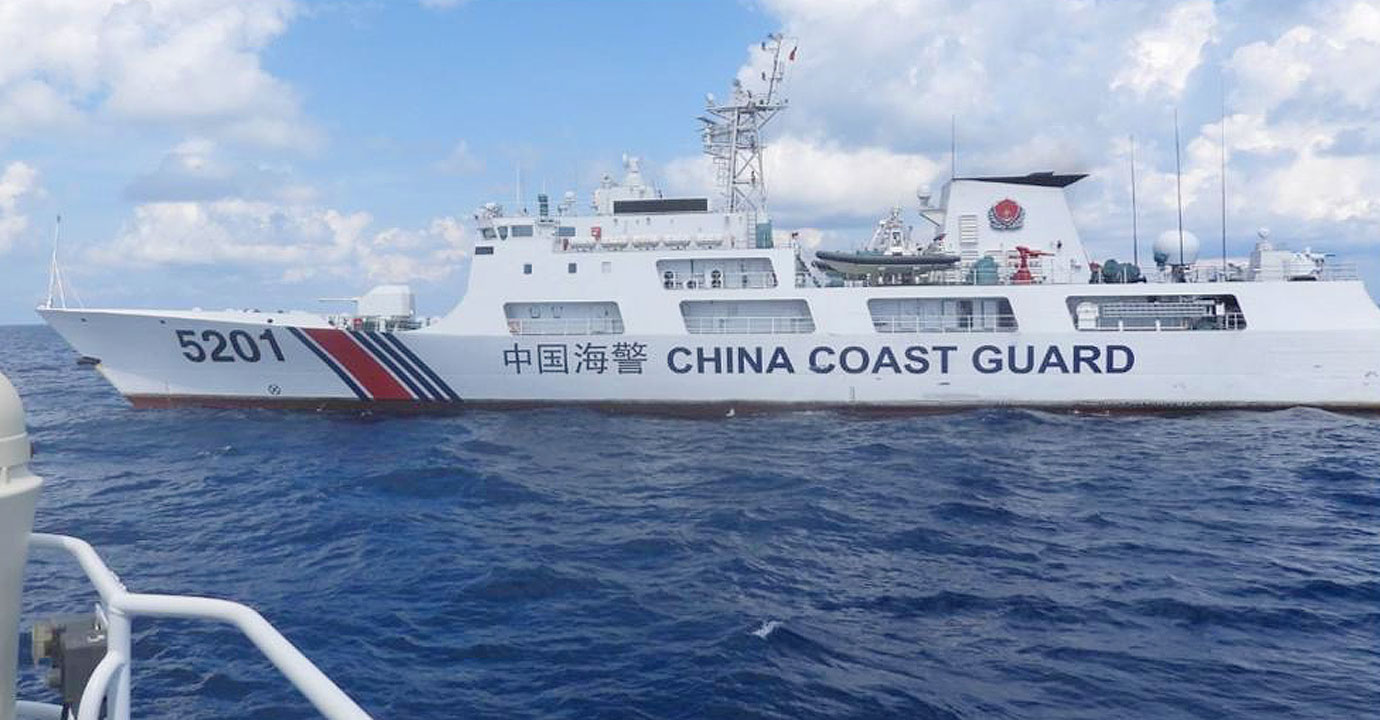
Philippine Coast Guard monitors China’s activities at Sabina Shoal amid rising tensions in the South China Sea. Allegations of unauthorized land reclamation and coral destruction prompt scrutiny, intensifying regional disputes over territorial claims.
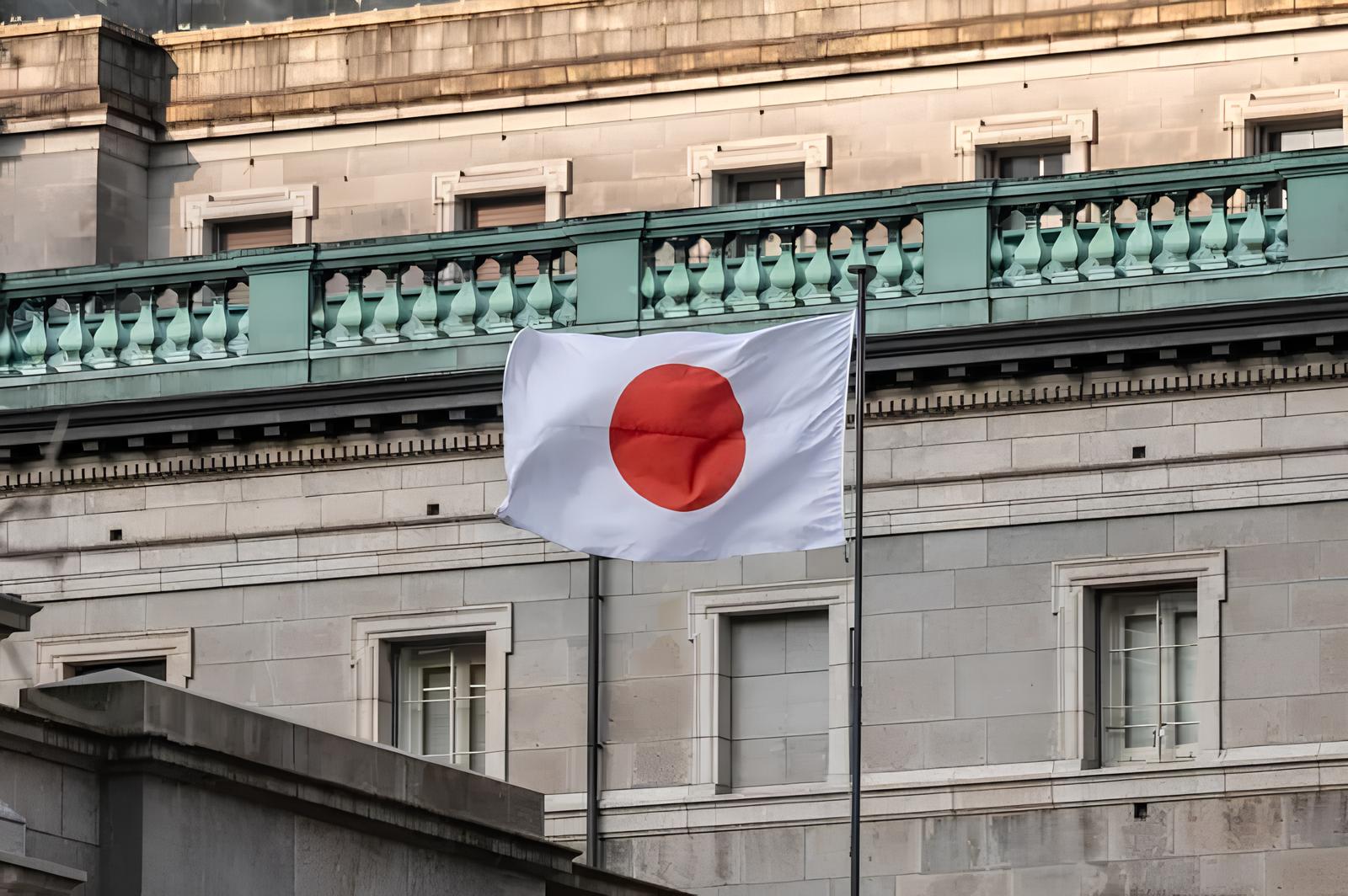
In the face of both regional and geopolitical challenges, Japan has shifted towards a more activist and security-oriented foreign policy—and adopted values-based language to justify this shift.
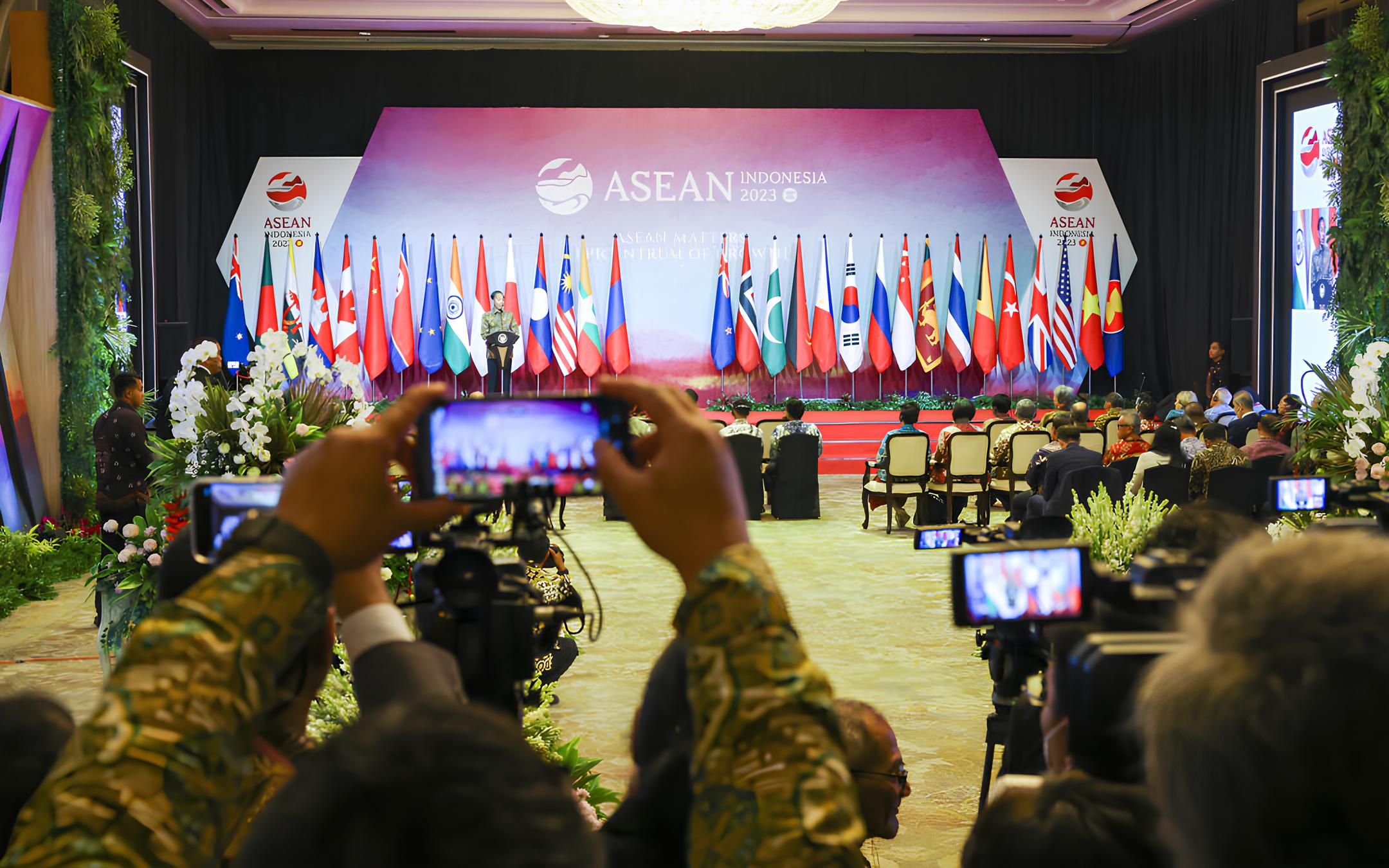
In the face of ongoing human rights violations in ASEAN, AICHR’s effectiveness is faltering. A strong roadmap for change is needed. Can AICHR gain the authority and legitimacy to address these issues?
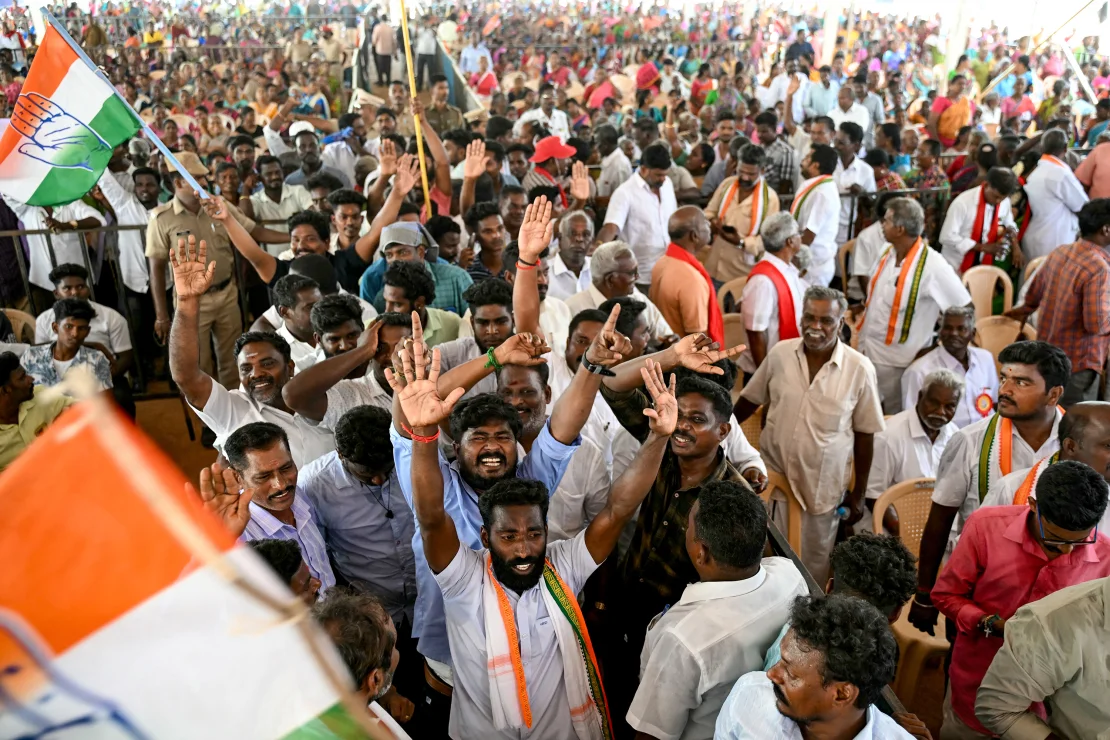
In the heart of India’s electoral fervor, whispers of hope mingle with echoes of concern, as citizens brace for a pivotal moment in their nation’s history.
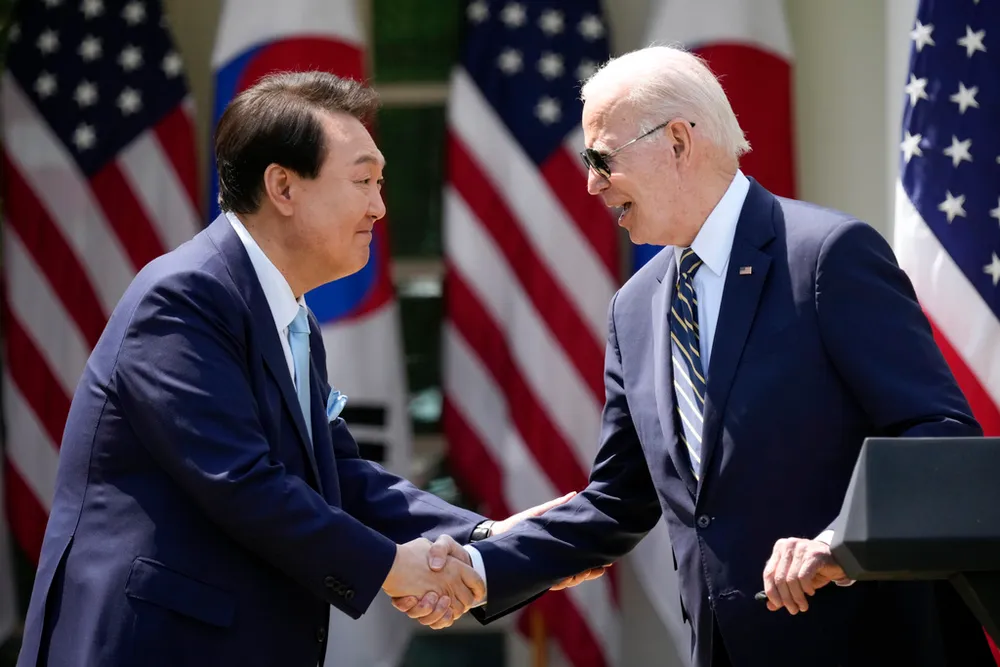
The US and South Korea strengthen their alliance and regional security through the Washington Declaration, aiming to bolster cooperation against nuclear threats and deepen strategic partnerships.
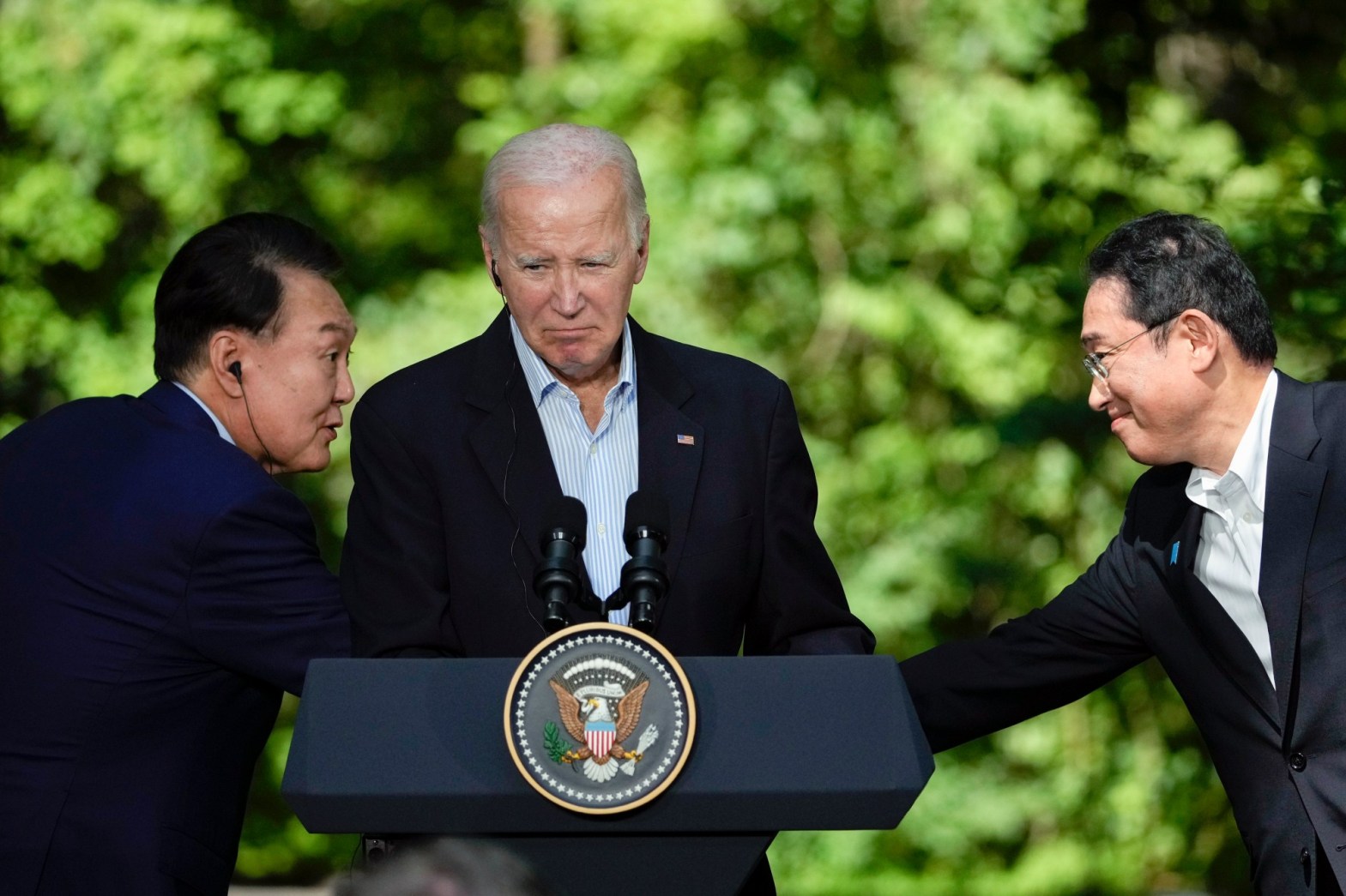
The joint military exercises by the US, Japan, and South Korea in the South China Sea highlight rising tensions and underscore the importance of strategic alliances, shaping international balances and security policies.
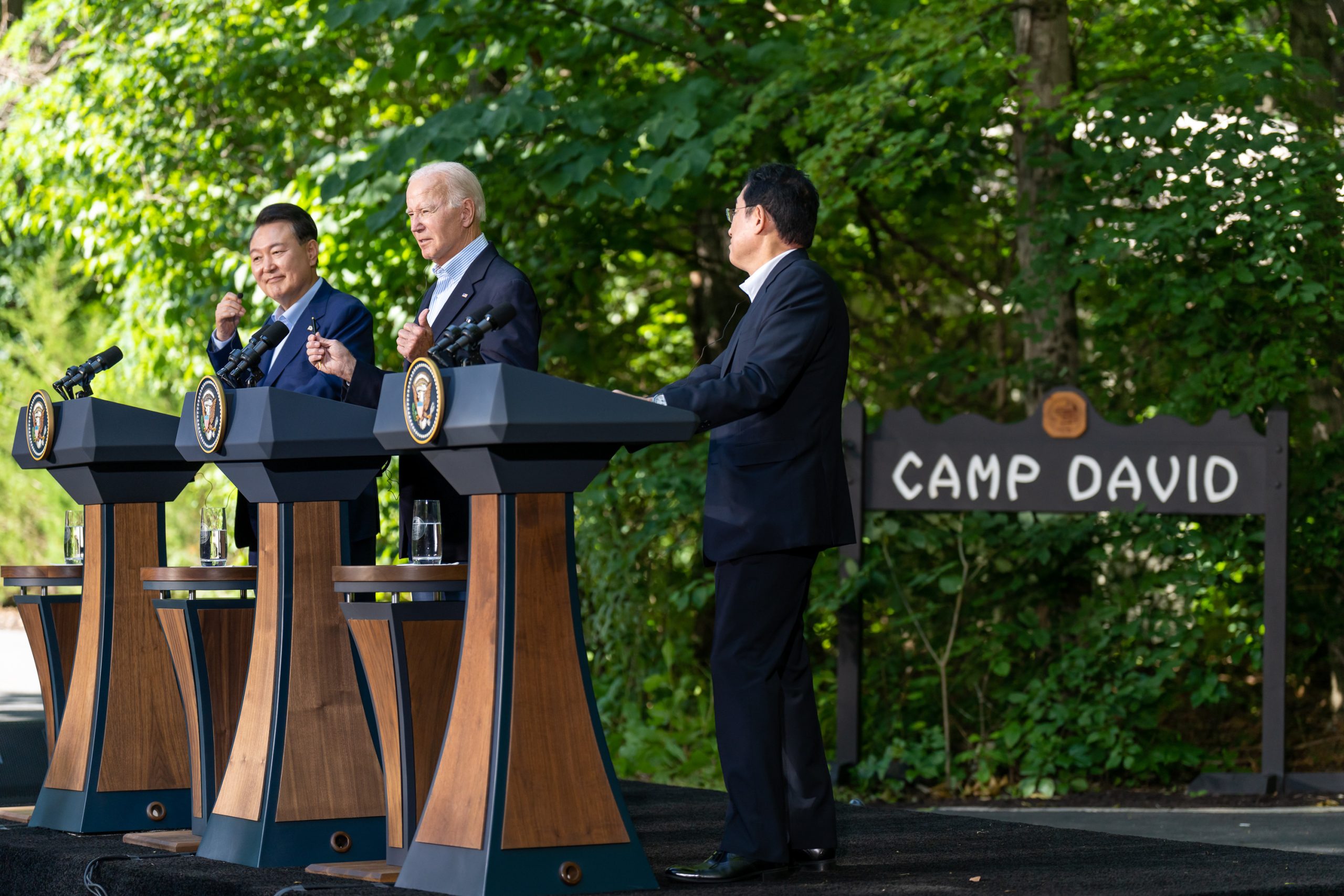
The trilateral cooperation of ROK-US-Japan accelerated following the Camp David Summit, trying to underscore its roles for a rule-based, free, and open Indo-Pacific. It continues to expand institutionalized cooperation in various areas to respond to nontraditional security issues, portraying a huge potential for regional stability.

William Lai’s election as Taiwan’s President will further stoke tensions with China, but a full-blown military conflict remains unlikely, for now.
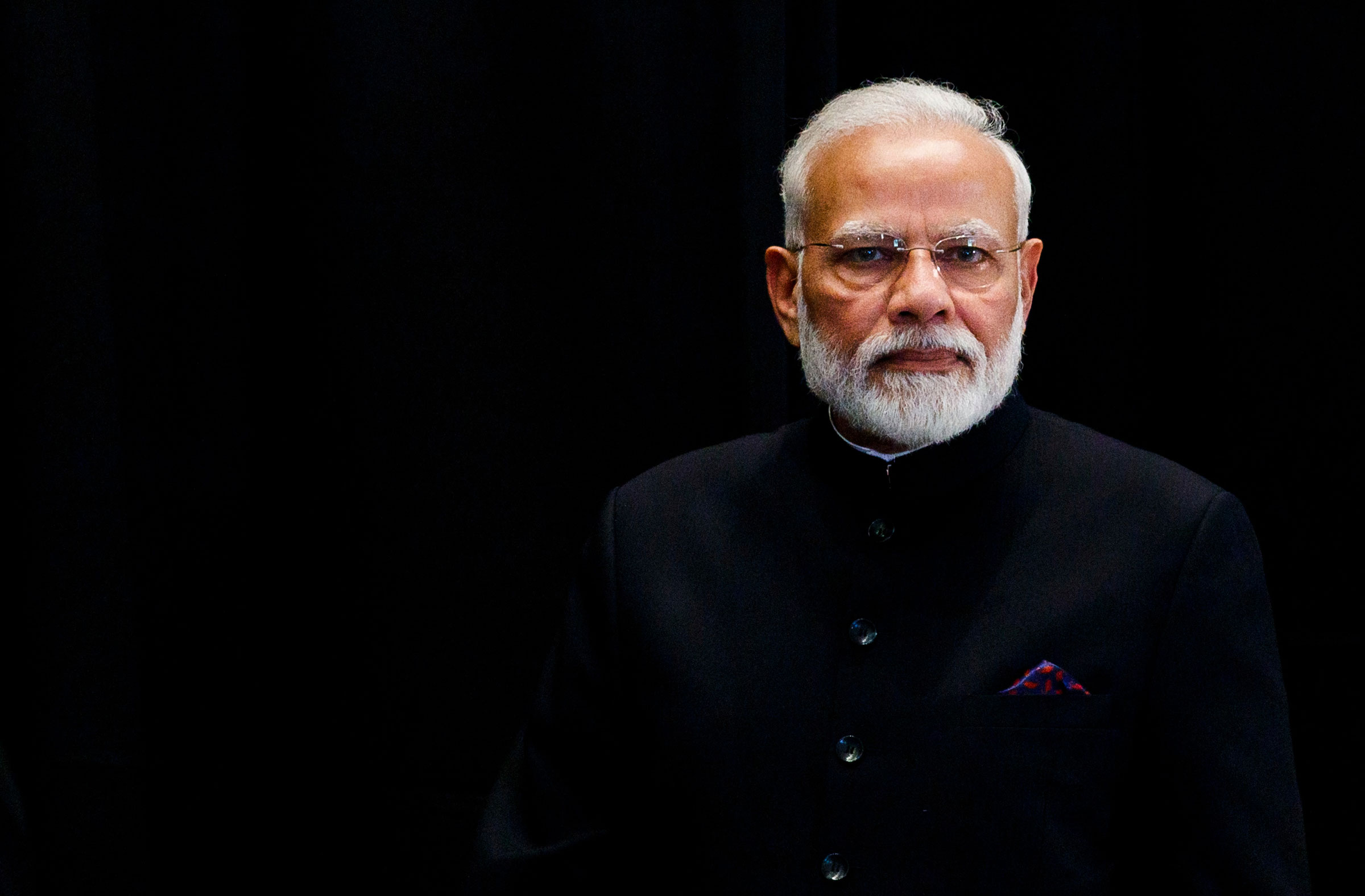
Under Modi’s leadership, India’s foreign policy pivots towards multi-alignment, focusing on economic self-reliance and strategic global partnerships, aiming for a significant role in the evolving multipolar world order.
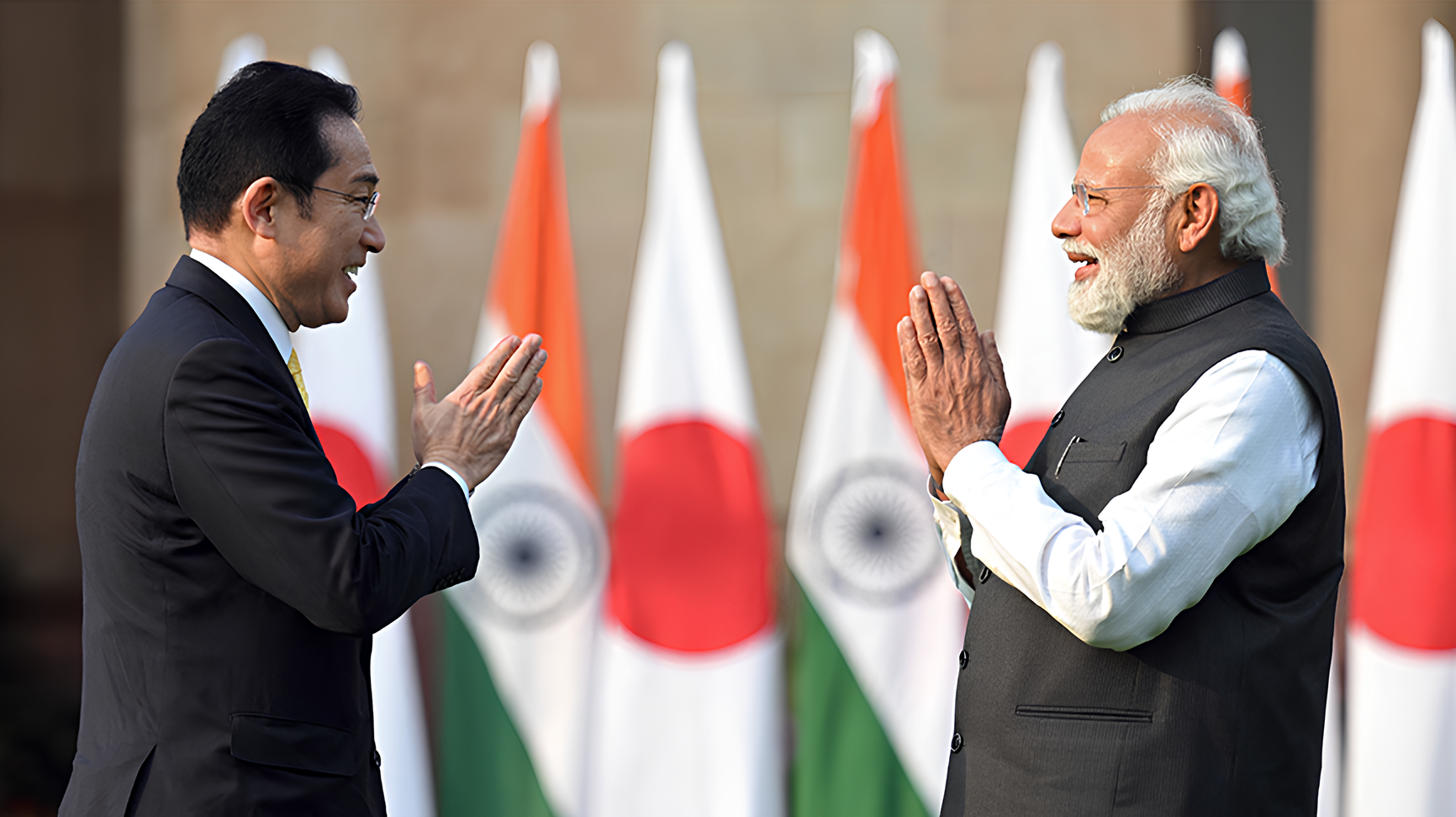
The growing alliance between India and Japan indeed presents a significant counterbalance to China’s increasing influence in the Asia-Pacific region.
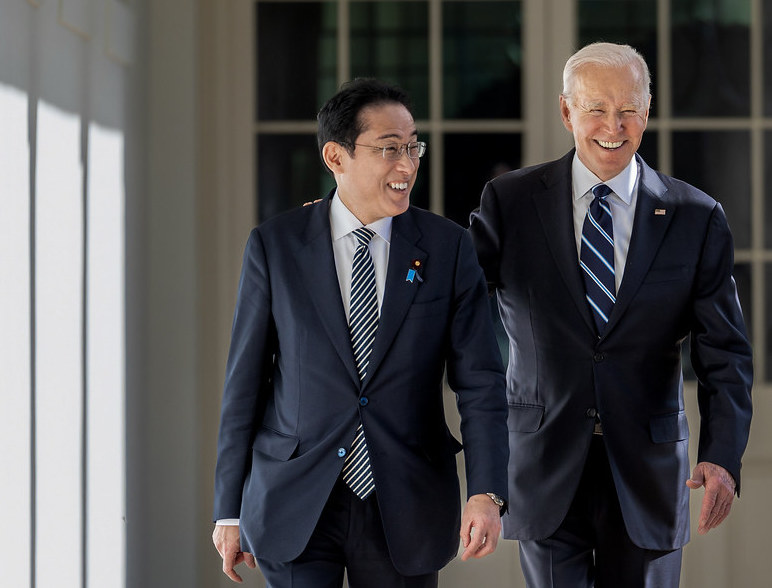
In recent times, the Biden administration’s security and economic initiatives focused on Asia have created a significant impact on regional stability and power balances. Particularly, formations such as AUKUS and the Quad are opening a new chapter in regional and global security architecture.
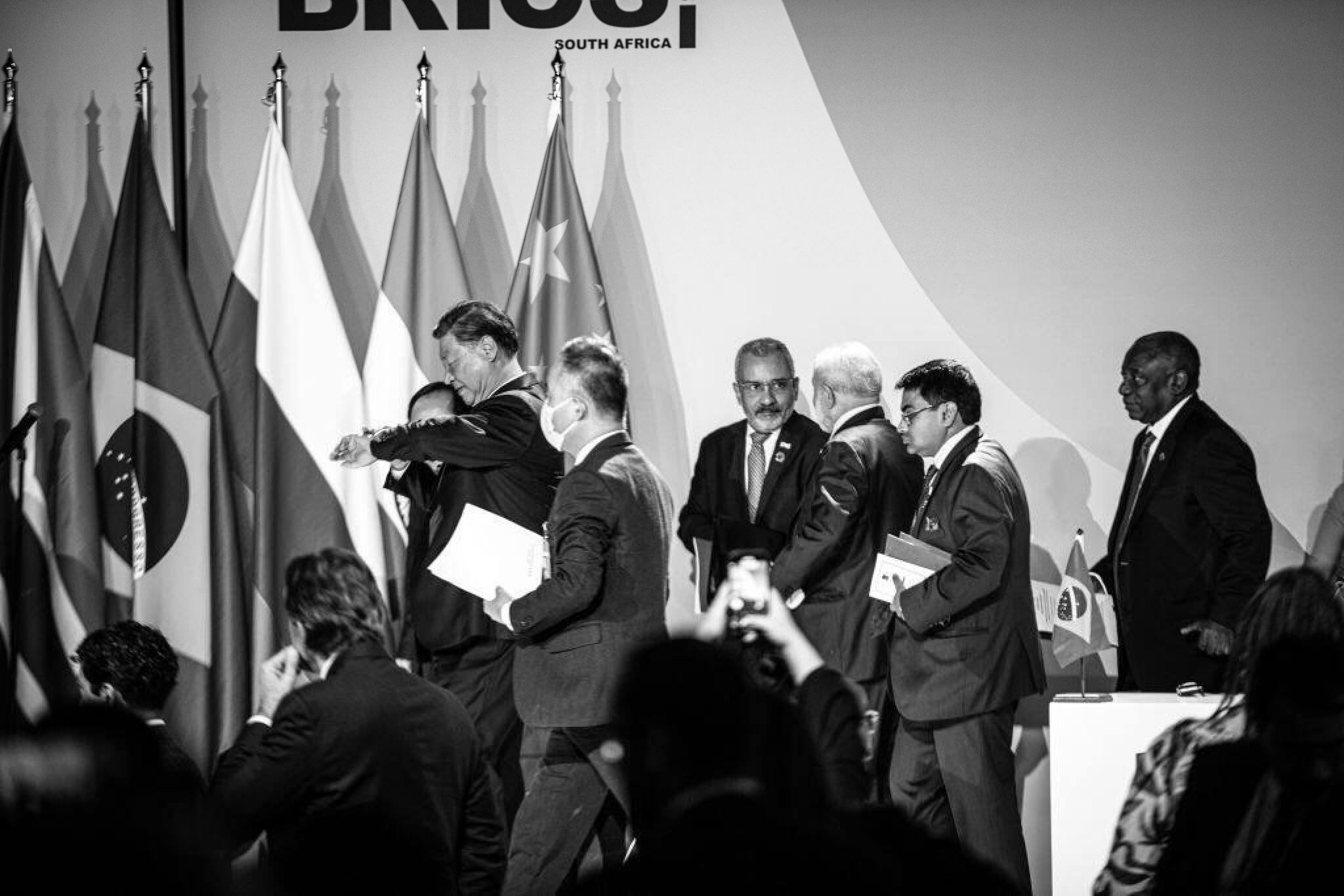
How likely is it for BRICS to transform into a military alliance amid global geopolitical tensions and regional conflicts?
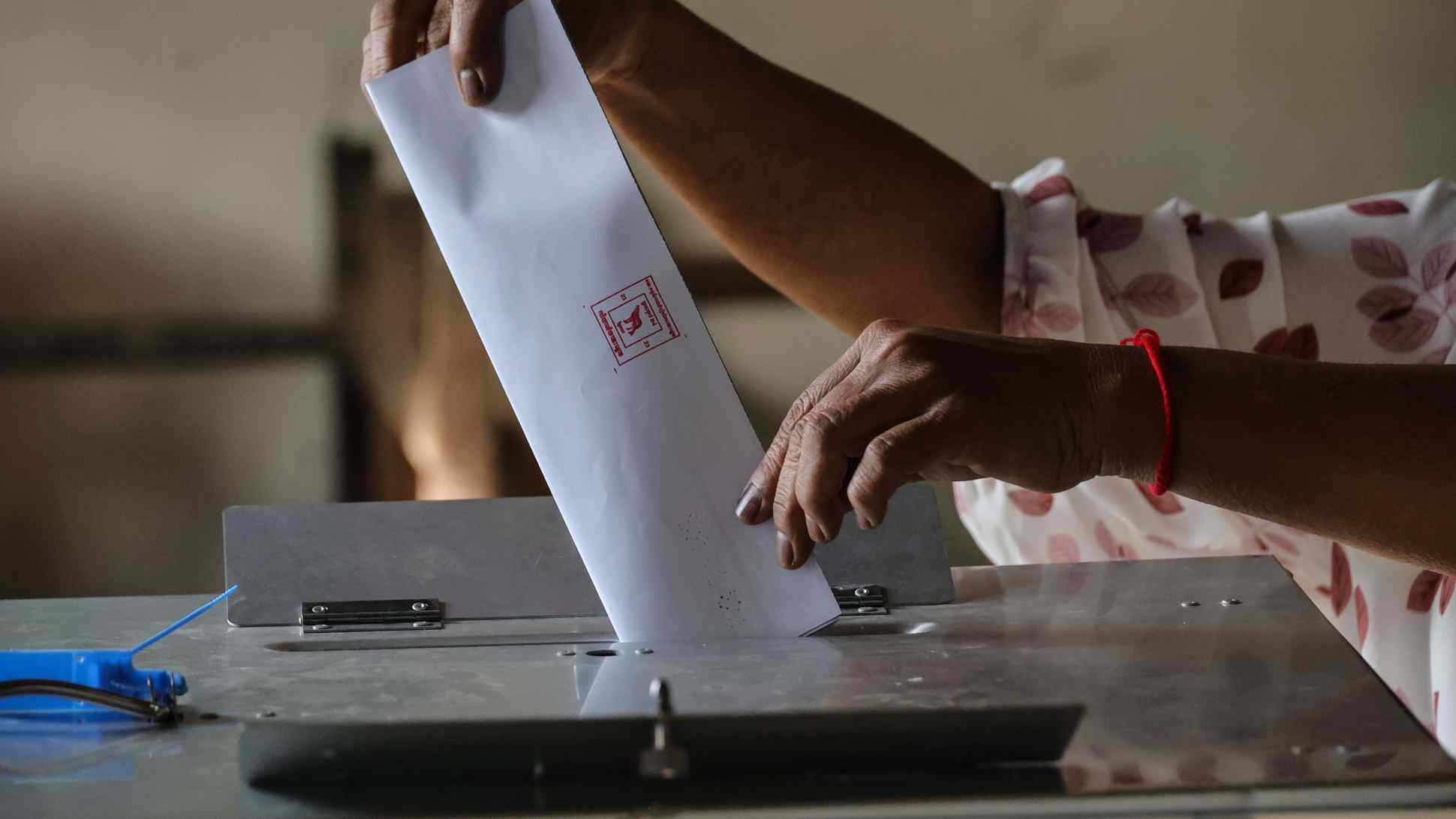
As Pakistan and Indonesia navigate pivotal elections, the outcomes hold significant implications for regional stability and international relations, against a backdrop of pressing socio-economic issues.
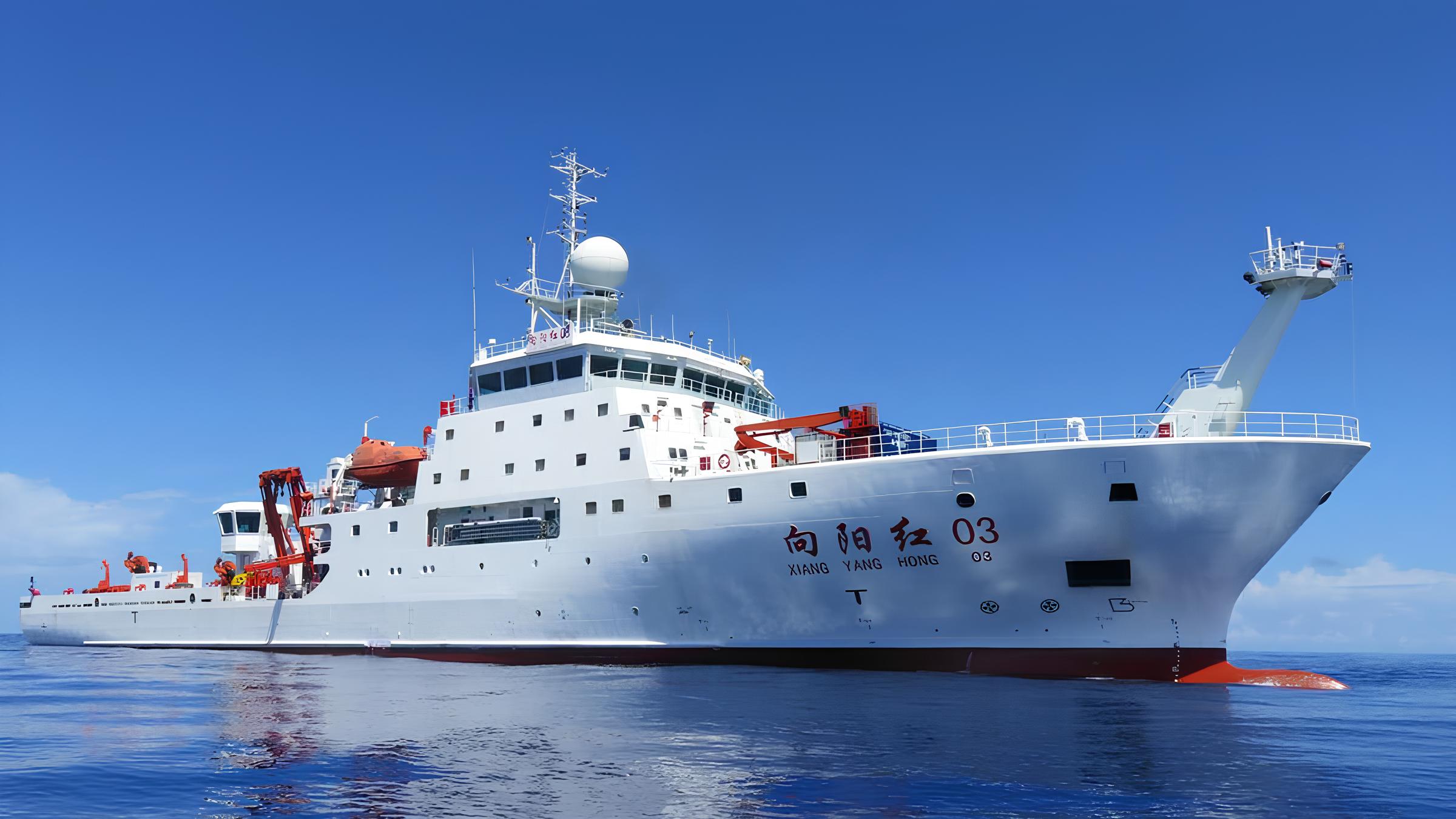
Diplomatic tensions between India and Maldives escalate, with President Muizzu seeking closer ties with China amid economic challenges.
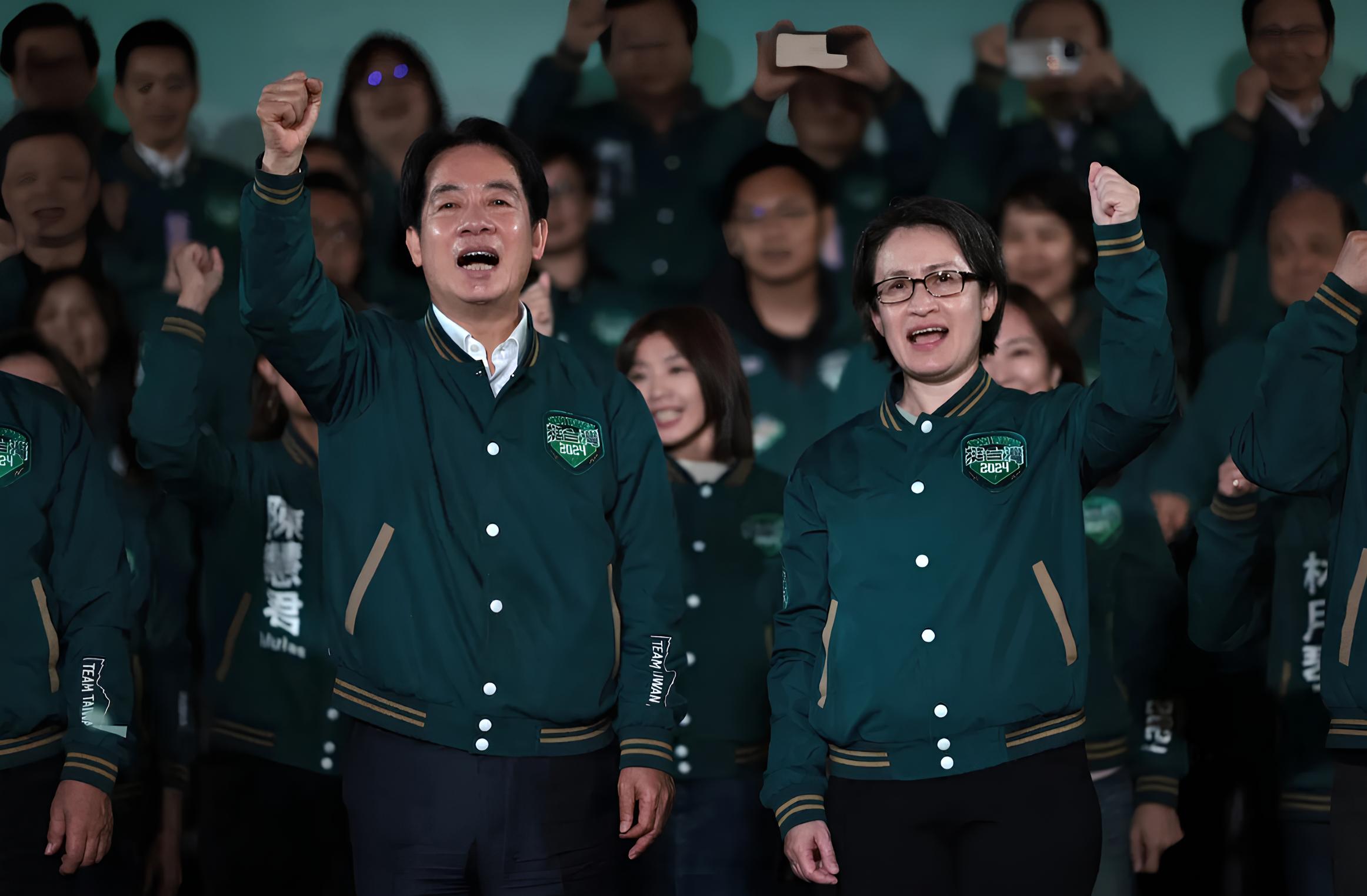
Lai Ching-te’s third term victory in Taiwan’s election underscores resilience against China’s interference, shaping geopolitical dynamics.
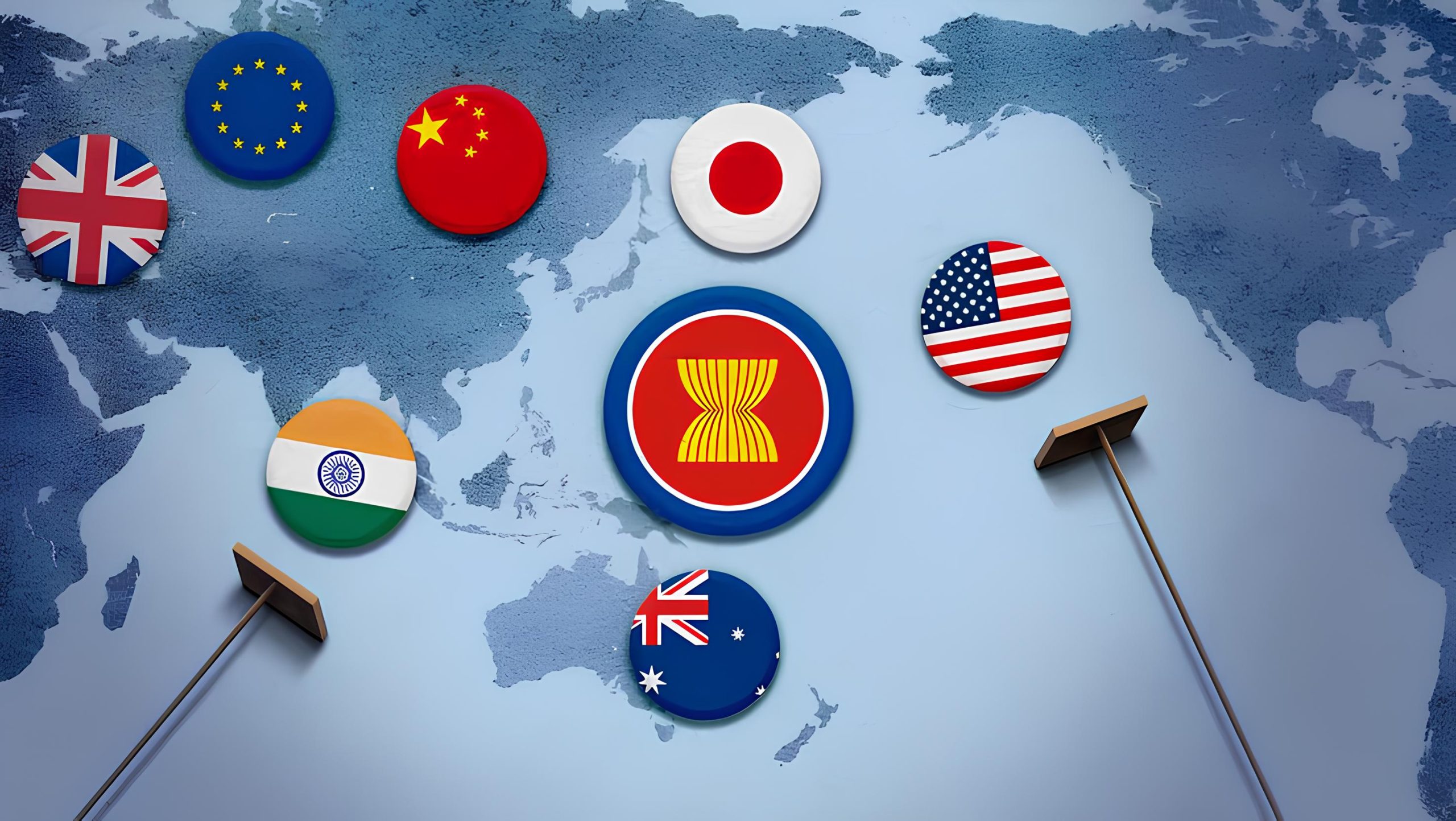
Unifying nations for trade, security, and growth – the Indo-Pacific Strategy charts a course toward a balanced and resilient global future.
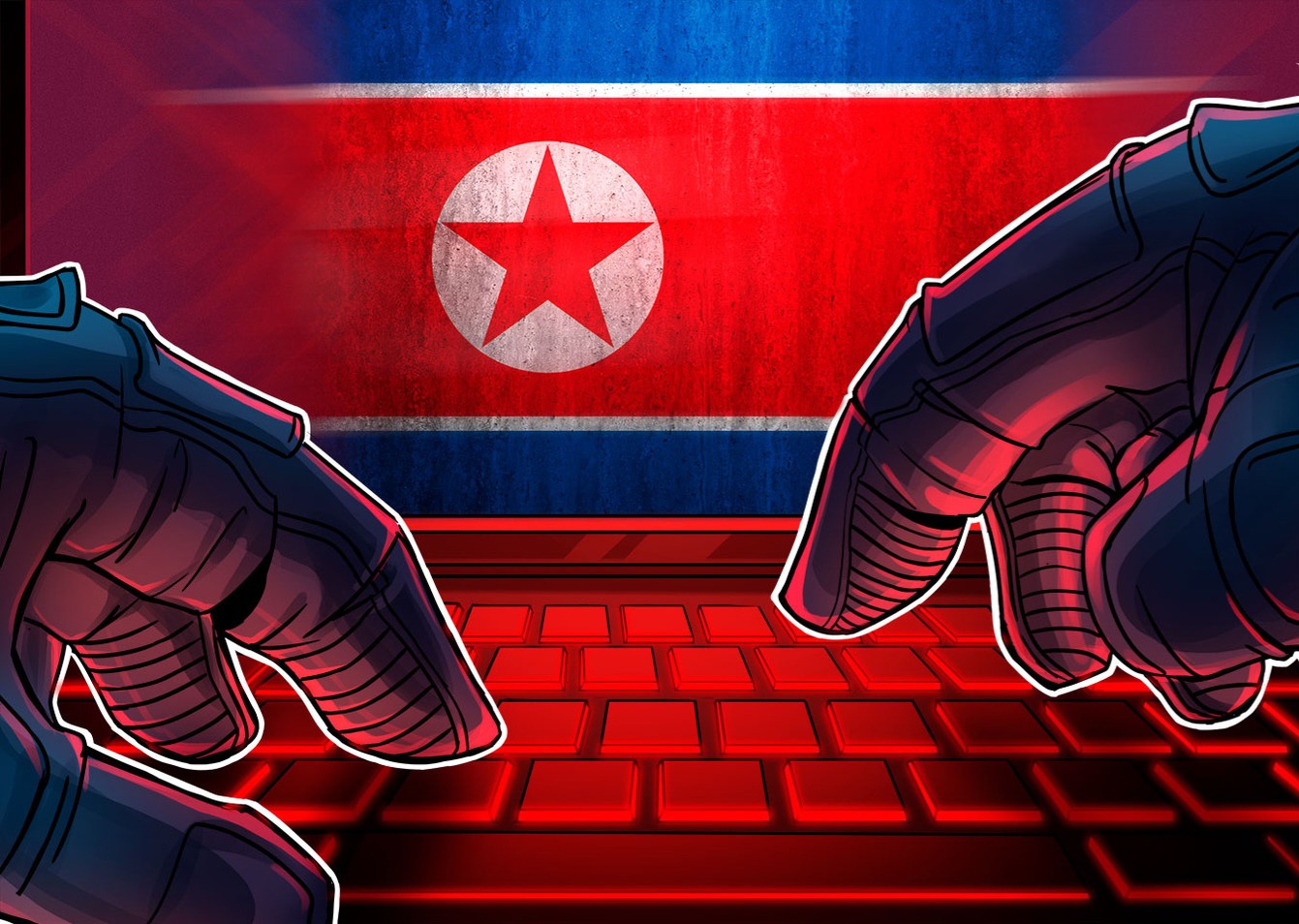
Cryptocurrency theft, especially by North Korea, sparks global security concerns; a joint effort by Japan, South Korea, and the U.S. aims to counteract this threat.
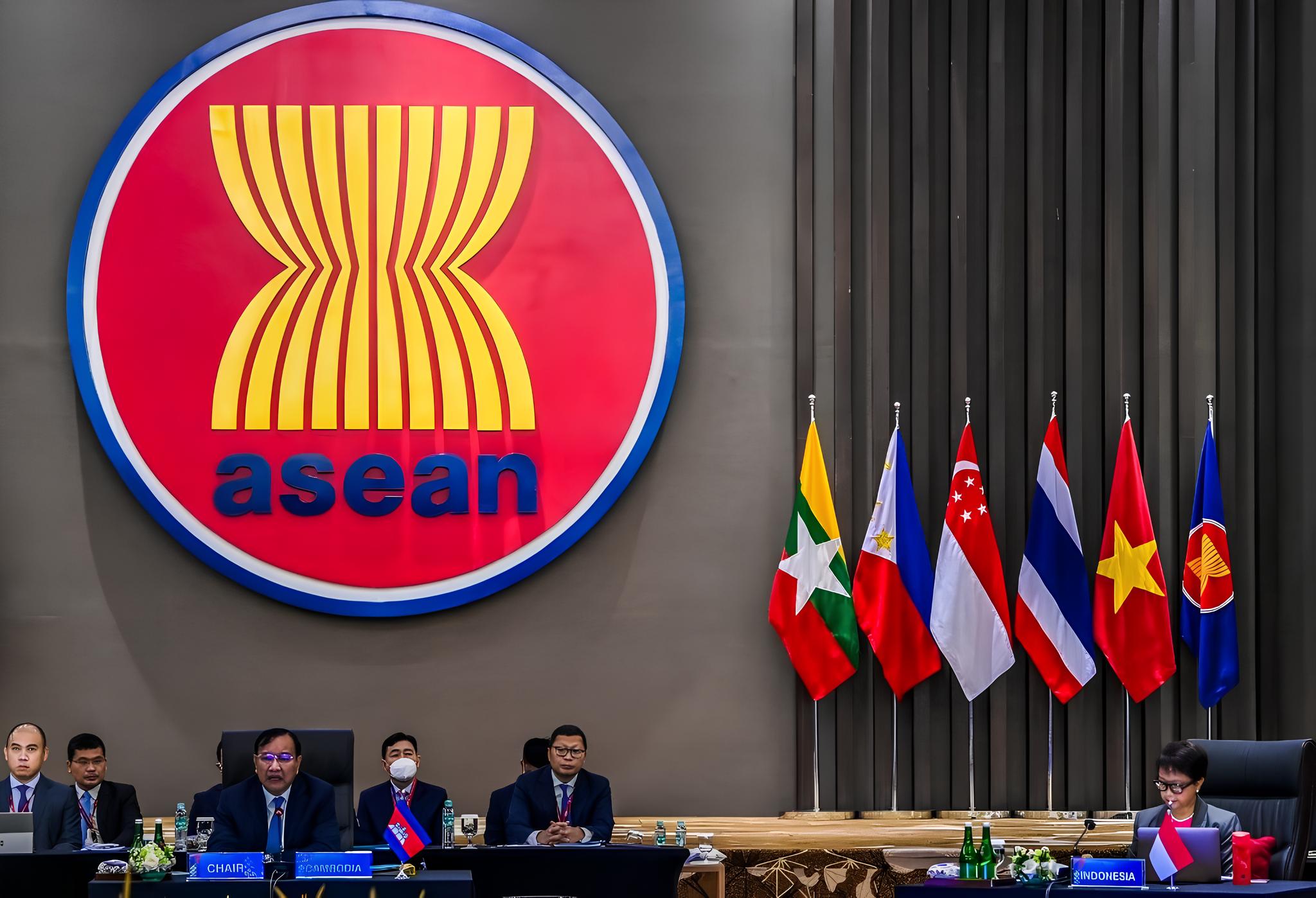
A concise and thorough summary of the first-ever ASEAN-GCC Summit held in Riyadh.